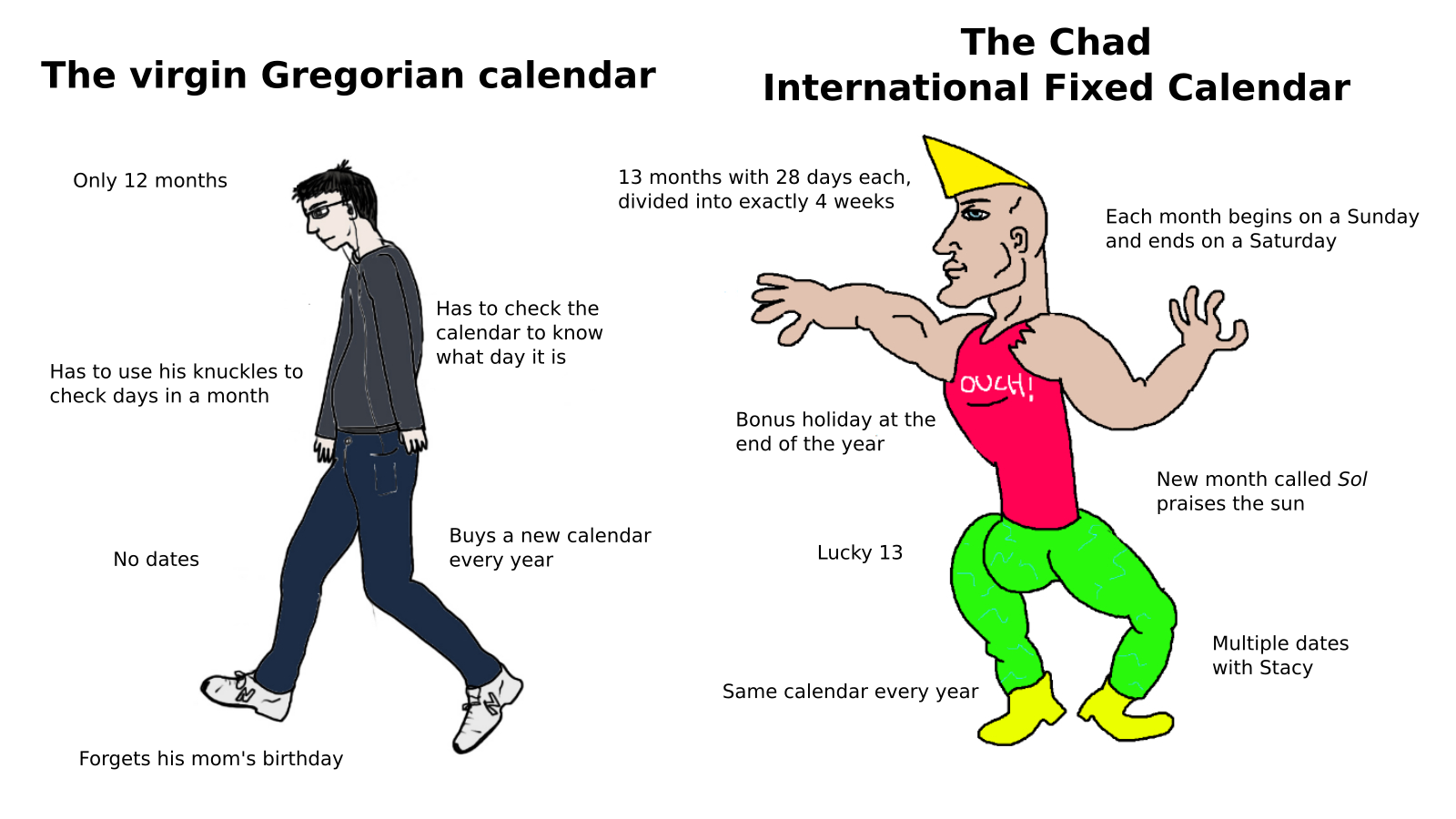# Time
I think I've always respected the significance time in my life.
Growing up with what I considered a limited memory, I felt the power time had in my life to sweep away insignificant details. The older I grew, the more details faded from my fallible memory. In the wake of time I found only products of high quality remained, especially in my perceived physical reality.
This highlighted the importance of quality to me, not only in physical properties, but also in the careful mental craft of planning for the future. Indeed, as it is from these plans that most physical products of exceptional quality are manifested into your reality.
For example, when I was freshman in college in 2011, after receiving my tuition reimbursement money, I went to my local Best Buy and bought a good quality, brand new acoustic guitar. Music was always a passion of mine and I no longer had access to my cousin's old guitar I practiced on. I figured a brand new one would be a good investment that I hoped would last me a long time. And it did! A full decade later and I still own and play that same guitar.
My point is that I've had many possessions over the course of said decade but a lot has happened during those ten years; I moved about six times and my inventory of possessions grew and shrank each time. At the end, the few items that survived each move all had their quality and significance to me in common. Usually, these items would gain more significance to me as time passed.
One of these items was a book my friend gave me called 365 Tao: Daily Meditations (opens new window). I always attributed noticing patterns as a strength of mine, particularly in nature, and I found many of the meditations from the book showed how nature's wisdom could be applied to other aspects of life.
One of these patterns is cycles.
When viewing the dazzling breadth of organic noise against the constant backdrop of time, nature's cycles become obvious. Indeed, her cycles are cosmic in scale when compared to the unstoppable force of time; the moon revolves around the Earth and the Earth revolves around the Sun.
And so, naturally, we use natures cycles to measure time. A full rotation of the Earth is a day; the complete orbit of the Earth is a year!
Solar Time. (opens new window) 😎
# The Calendar
So this relative definition of time works for us as citizens of the Earth. We live our lives largely focused on the daily cycle.
But as I was unfortunately privy to, the mind's memory is woefully short. A single day is not so bad, but a lot can happen in a year. Something built in a day will hardly last a year.
So maybe we need an intermediate measurement between a day and a year so that we may build something to last our orbit around the sun.
Alas, the phases of the moon! Indeed, we can use their intervals to divide the chasm of the year.
But, although natural, the position and size of our heavenly bodies are somewhat arbitrary, resulting in an approximate measurement; about 12 months, to be exact.
This approximation, however, results in small rounding errors as we synchronize our daily times to these monthly subdivisions (much to the chagrin of mathematicians everywhere).
Fuck it! Daylight Savings Time (opens new window), said George Hudson.
And so, humanity successfully standardized the calendar. Except some calendars (opens new window) couldn't quite agree on the number of days in a month or even how to further subdivide the month.
Somehow (opens new window), we decided on 7 days a week, with 4 of those bad boys in a month.
Approximately.
Regardless, we created Universal Time (opens new window) and coordinated with the rest of the Earth citizens to create Coordinated Universal Time (opens new window).
Hooray! Maybe Sky Daddy will love us now?
# A superior calendar
But perhaps we can yet improve upon this calendar.
Behold, the International Fixed Calendar (opens new window), presented to you in an easily digestible format.

I'm still hoping it catches on.
